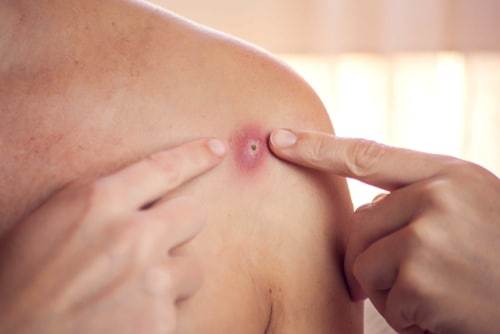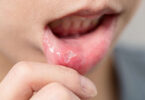A boil is a health condition which primarily develops when a bacteria called Staphylococcus aureus infects your hair follicles and nearby area of skin. In the initial stages, a boil appears as a red bump, but with time, it increases in size, fills with pus, and becomes painful.
Boils can develop in any area of your skin but mainly occur on the face, armpits, thighs, neck and buttocks. They are not considered a serious health issue as they resolve within a few weeks on their own. But boils that last longer or become huge in size might indicate a serious problem demanding professional medical help.
Mainly boils occur because of the bacteria infecting your skin, but lack of certain nutrients and minerals in your body may also contribute to the development of boils. So, what is your body lacking when you get boils? Well, this article aims to answer that query.
Keep reading to know why you get boils, how to prevent them and finally, how to treat them.
What Is Your Body Lacking When You Get Boils?
Table of Contents
As mentioned above, boils generally develop due to bacteria on the skin, but that is not the sole reason. There are some other essential factors, like deficiency of vitamins and minerals, that can cause the boils, including the following:
Lack Of Vitamin C

Vitamin C is a vital component that helps boost our immune system, fight bacteria and heal wounds faster. A lack of vitamin C in the body can affect the immune system negatively, which reduces your body’s ability to fight infections like boils and may also make you more prone to other diseases.
Include foods like lemon, orange, Kiwis, etc., in your diet to get enough vitamin C to help your body fight the bacterias and infections.
Lack Of Vitamin A
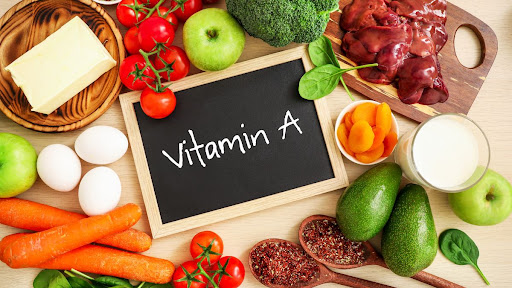
Vitamins A is known to be an essential nutrients that assist our body combat any skin bacteria or infection. Deficiency of this nutrient can weaken the body’s natural defense system, which increases the risk of developing boils.
However, you can easily fulfill the requirement of vitamin A by adding certain foods like eggs, tomatoes, leafy green vegetables, milk, to your diet.
Lack Of Vitamin E
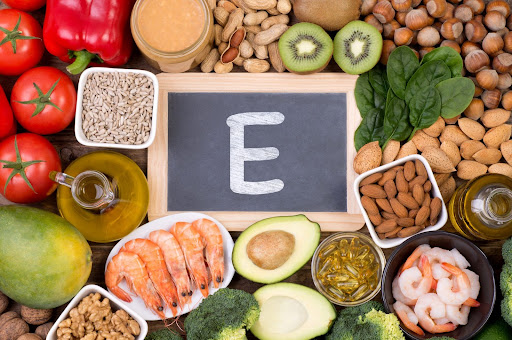
Vitamin E is known to be an excellent antioxidant which not only protects skin from bacteria and damages, but also increases its natural glow. But, if your body is not getting enough vitamin E, then it can make you more prone to various skin problems, including boils.
There are many foods that contain vitamin E, but nuts, vegetable oils, and seeds are known to be the best source. You can also consume vegetables like spinach, broccoli, turnip greens, mustard greens, etc as they also have a significant amount of vitamin E.
Lack Of Zinc
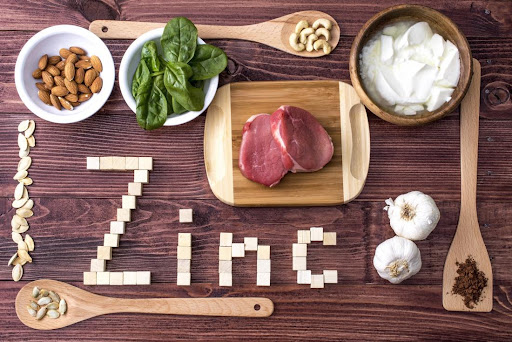
Zinc is another crucial mineral that your body requires to keep the immune system at its optimal level and protect the body from various infections. It also plays a key role in healing wounds and helps develop new blood vessels and tissues that protect the skin cells from damage.
But, deficiency of zinc can result in low immunity, which increases the chances of developing boils and other infections. For that reason, incorporate foods in your diet that are high in zinc, for example, meat, nuts, whole grains, eggs, etc.
Lack Of Iron
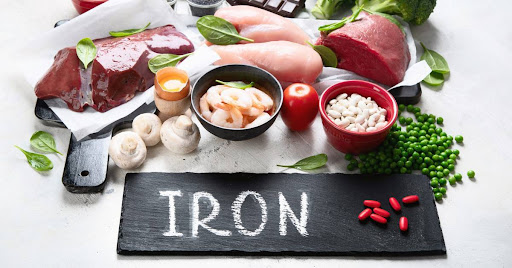
Iron is a vital nutrient which supplies oxygen to the skin cells and also aids in tissue repairment. Iron deficiency can lead to conditions like weakened immune systems and fatigue, making you more vulnerable to skin infections like boils, candidiasis, cellulitis, etc.
To have an optimal supply of iron in your body, consume foods like spinach, legumes, broccoli, red meat, etc.
Lack of Water
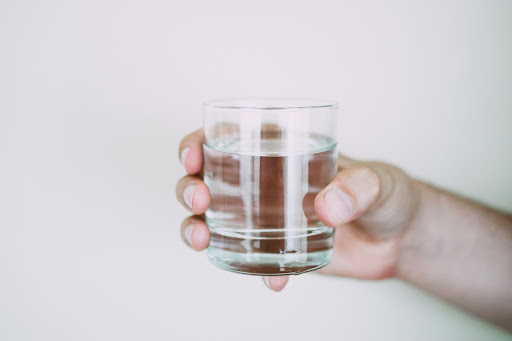
Water is considered a vital component when it comes to maintaining healthy skin. It helps detoxify the body, which protects the skin from boils and other infections as well. Therefore, always remind yourself to drink an adequate amount every day to aid your body in fighting infections effectively.
Who Is More Likely To Get Boils?
Generally, anyone can get boils, despite how healthy they are. But, some people with certain conditions are more likely to experience boils. For instance, people lacking insulin are at a higher risk of boils because a deficiency of insulin causes diabetes, which makes it difficult for the body to fight infections and increases the danger of boils.
People who closely interact with or share personal items like towels or clothes with a boils patient are also exposed to the high risk of getting boils. A lack of a strengthened immune system also makes an individual more inclined toward boils.
If you have other skin conditions like eczema or acne then you are also high likely to get boils because skin infections destroy the skin’s protective layer, making it easy for other bacteria like Staphylococcus aureus to infect the skin.
What Are Some Tips To Prevent Boils?
Now you know what your body is lacking when you get boils. Let’s look at some practices you can implement in your daily life to reduce the risk of developing boils.
Have a Nutritious Diet
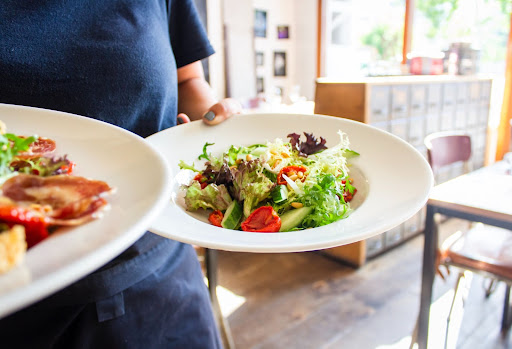
Image Source – Photo by Louis Hansel on Unsplash
Your diet and your body’s immune system are directly related. A poor diet reduces natural immunity, giving bacteria an easy way to infect your skin and cause problems like boils. Thus, always consume a diet high in nutrition which promotes a robust immune system. It won’t only help you prevent boils but also reduces the risk of other health issues.
Keep Yourself Hydrated
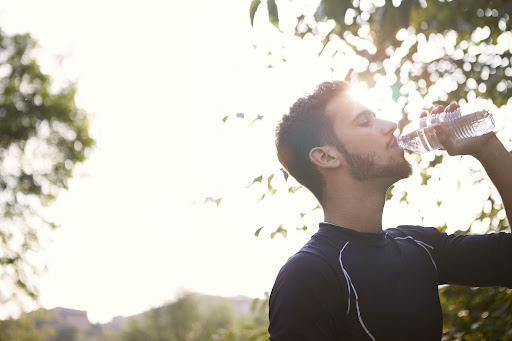
Image Source – Photo by Andrea Piacquadio
Drink at least 2-3 litres of water daily. It helps keep your skin healthy and also eliminates toxins from the body.
Engage In Physical Activities

Photo by Andrea Piacquadio
An adequate amount of physical activity everyday can boost your immune system, which helps your body fight back and prevent infections like boils.
Reduce Your Stress
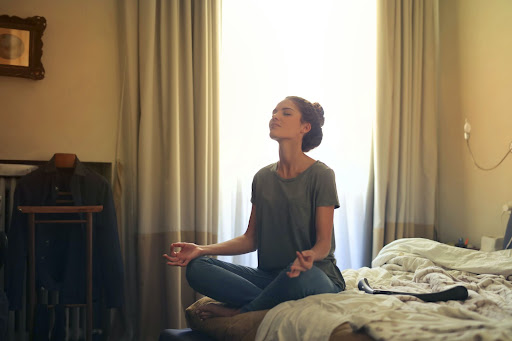
Image Source – Photo by Andrea Piacquadio
According to research, stress negatively impacts the body’s natural immune system, which reduces your body’s power to fight bacterias and infections, which ultimately makes you more prone to diseases and infections. Hence, try to keep your stress under control by indulging in activities like yoga or meditation.
Stay Hygenic
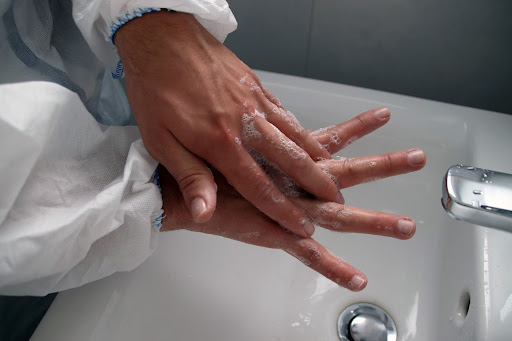
Image Source – Photo by Maskmedicare Shop on Unsplash
Regularly wash your skin using antibacterial soap and keep it dry and clean. Not only that, but you should also wash and clean your personal items like clothes, towels, and bedsheets and avoid sharing them with anyone as it increases the risk of transmission of bacteria and infections.
What Is The Best Treatment To Cure Boils?
There are two treatments that are used to cure boils, which include home treatment and medical.
The small size of boils on your skin can be resolved at home easily by applying a warm compress to the affected area. To effectively cure your boils, use the warm compress several times a day for at least 10 minutes.
Just ensure not to squeeze the boil, as it may worsen the condition. Do not forget to clean your hands and the objects that came in contact with the boil to prevent the further spreading of infections.
Boils that are large and display signs like extreme pain, constant increase in size, recurs, last for more than two weeks, cause fever, are considered severe and require professional medical help.
Severe boils are treated using the incision and drainage technique. Your doctor will first analyze your boil and ask you some questions about the condition. Then if your boil is ready, he will make a cut on it to drain the pus and allow the wound to heal.
Your doctor may also recommend some antibiotics, especially if your condition is extreme or you have a weakened immune system.
Conclusion
Boils primarily occur due to bacteria on the skin, but a lack of certain nutrients, like zinc, iron, and vitamin A, C, and E, in the body, can also be one of the main causes. A boil can provoke extreme pain to an individual but the condition typically resolves within a few weeks by itself .
Severe cases may take longer to heal and require professional medical treatment. There are also some home remedies that can be used to relieve non-serious boils, but it’s recommended to consult your doctor first to eliminate any possible risks.
So, now we hope that you have got the answer to your query of what is your body lacking when you get boils.
Frequently Asked Questions
Q1. What Food Should I Eat To Avoid Boils?
Ans. Focus on consuming fresh and whole foods like fruits, juices and vegetables that help you boost your immunity.
Q2. How Do You Stop Boils Permanently?
Ans. Unfortunately, there’s no permanent way to stop boils. But, using precautions like staying hygienic and having a good diet., can help you reduce the risk of getting boils.
Q3. How Long Does It Take For Boils To Heal?
Ans. A boil heals on its own once it bursts and drains. The healing process can take around 2-3 weeks. However, if your boils don’t go away within 2-3 weeks, seek medical help.
Q4. What Is The Difference Between Boils And Pimples?
Ans. Boils and pimples look similar, but boils are usually larger, bringing along pus drainage and extreme pain.
Q5. Which Antibiotics Are Best For Boils?
Ans. Currently, numerous antibiotics are in the market to treat boils, but not all are for you. It is advisable to talk to your doctor to find the best antibiotics to treat your boils.

